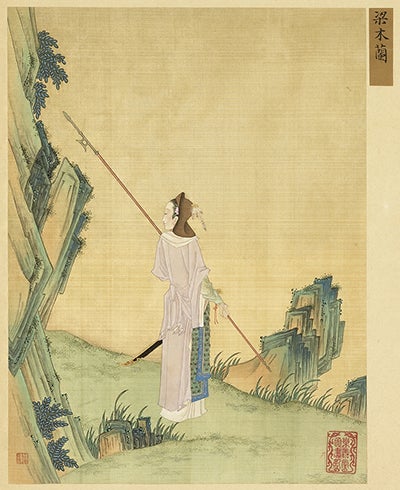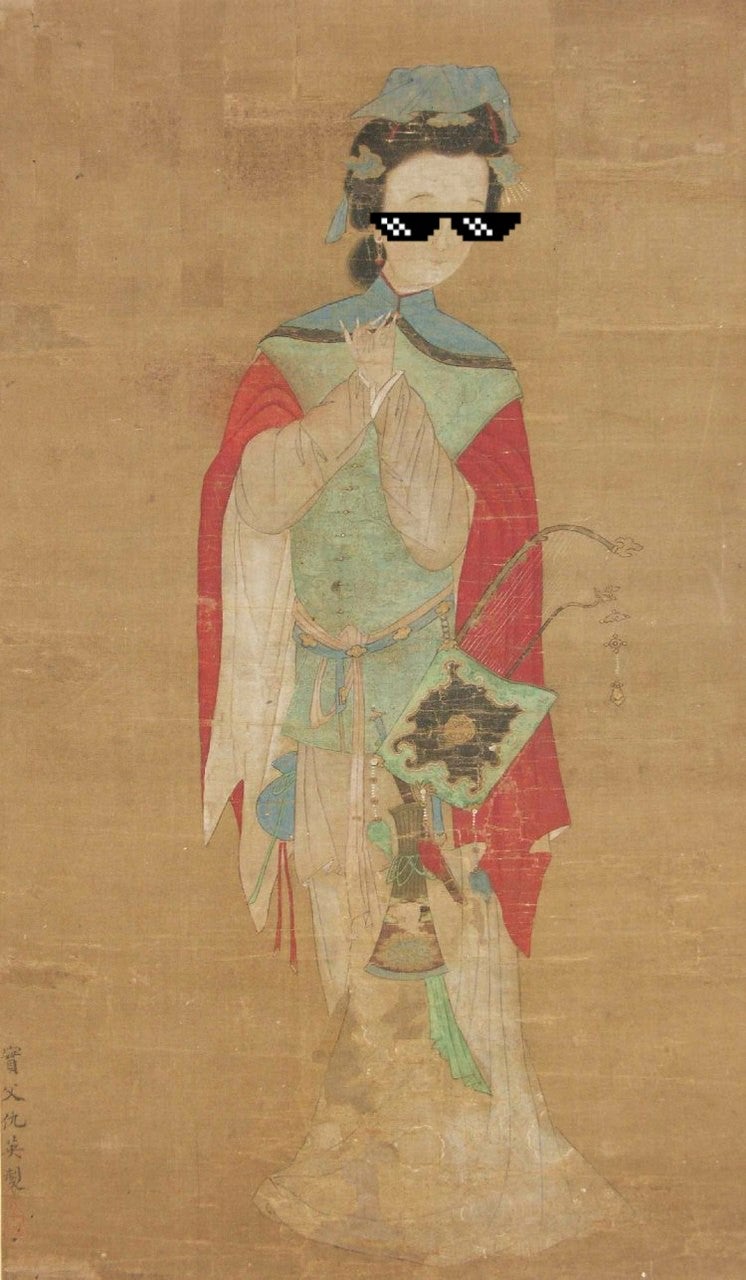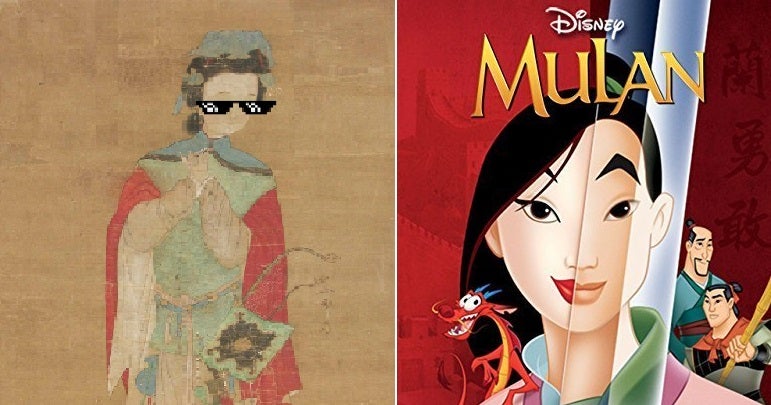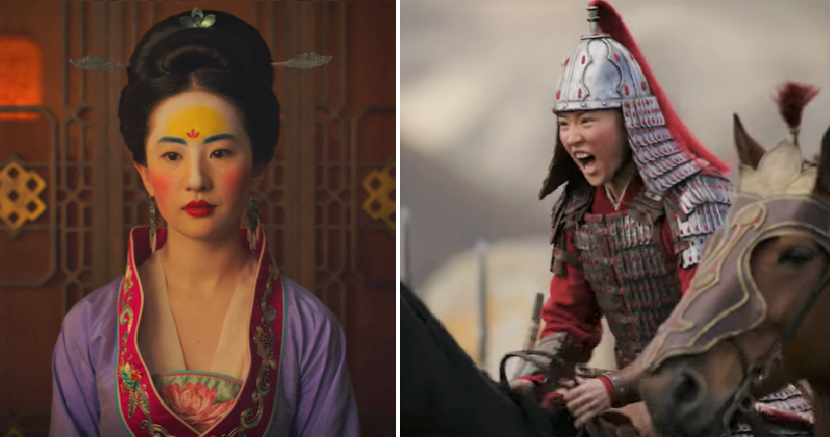With the revelation that the upcoming Mulan live-action movie will not feature iconic characters from the animated version of Disney’s tale like Shang, Cri-kee or Mushu (to be more historically accurate), some have voiced that the best version of Mulan will forever be the 1998 Disney version. The actual story of Mulan, however, goes wayyyyyyyy back, like 1400++ years ago.

Source: wikipedia
The legend of Hua Mulan, the Chinese warrior from the Northern and Southern Dynasties Period, started off as a poem that was written in the 6th century by an unknown poet. It was named The Ballad of Mulan. The story is really simple as the poem only consisted of 360 words, but the gist of it is that Mulan took her weak and old father’s place when one male from each family was called to serve in the army to defend the country against invaders. Instead of having a younger sister as according to Disney, she had a younger brother who at that time, was just a child.

Source: pinterest
One thousand years later, the playwright Xu Wei wrote a play called “The Female Mulan Goes To War in Place of her Father” which was more detailed.
In the play, Mulan is already a 17-year-old badass, a martial arts expert, skilled in sword fighting and archery because her father taught her all these combat skills from young. She was also very good at weaving. Nimble fingers say wha.
According to the play, Mulan’s father was called to serve in the war because there was a bandit named Leopard Skin who posed a threat to the emperor, as opposed to the Huns in Disney. Due to her skillz, she chose to replace her father out of filial piety. There were also some accounts that alleged that she dressed as a man and then challenged her father to earn her right to take his place, but those sources remain unverified.

Source: wikipedia
According to the Disney animated film, Mulan served the army for a very short time but according to the play, she served for around 12 years. She hid her gender, and when everything was done and dusted and the villain’s ass booted, Mulan’s commander wanted to reward her by offering her the position of court officer. Mulan then declined and asked for a horse to return to her hometown. When she reached home, she came out of the house dressed in fully female clothing, and her escorts were both surprised and full of admiration.
Since the stories of Mulan were mostly told in literary works, she is treated as more of a legend than a historical person.

Source: giphy
It doesn’t matter which she was because the most important thing is that Mulan is able to empower girls and women alike to be strong and that by being a female, it doesn’t mean that you can’t do “male” things. Yassss girl power!
Also read: The Live-Action Mulan Trailer is Finally Here, And It Brings Honour to Us All!



































